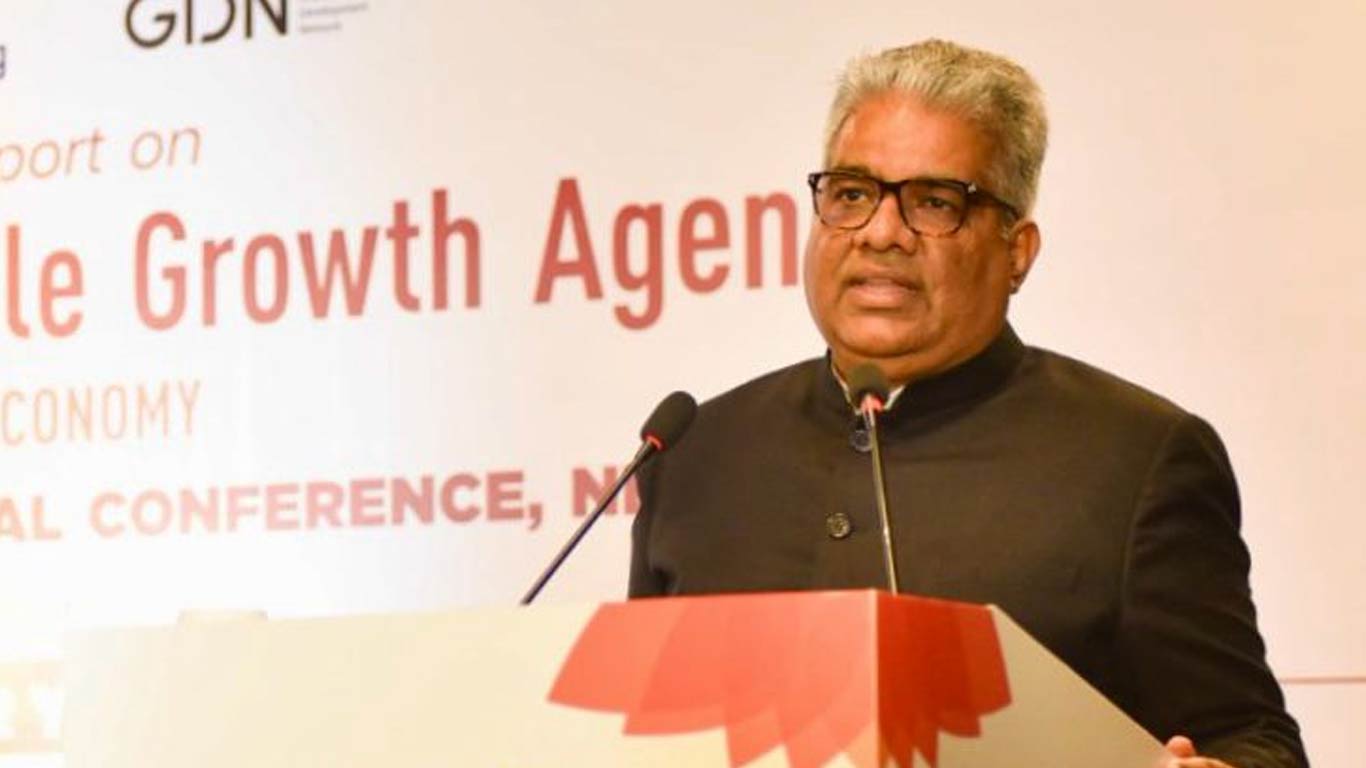Development Priorities Make India Defy Fossil Fuel Phase-Out Pressure
Updated: Dec 20, 2023 12:10:38pm

Development Priorities Make India Defy Fossil Fuel Phase-Out Pressure
New Delhi, Dec 20 (KNN) India resisted pressure from developed countries at the Climate Conference in the United Arab Emirates (UAE) to commit to an immediate end of fossil fuel use, Union Environment Minister Bhupender Yadav said on Tuesday.
The Union Minister emphasised that development remains the national priority for India and that a gradual transition away from fossil fuels is the preferred approach.
"Poverty eradication is a priority for many nations," Yadav asserted, explaining India's stance.
He added, "We cannot meet the energy needs of our people and achieve our development goals just by importing oil and gas."
Despite India's commitment to increasing renewable energy, Yadav admitted, "we will have to rely on coal power until we achieve the objective of a developed India."
He emphasised that India's low contribution of 4 per cent to global emissions compared to its population, which accounts for 17 per cent of global population, necessitates a different approach.
However, India is not advocating for unchecked emissions. Yadav pointed out that India has already achieved its Gross Domestic Product (GDP) emission intensity reduction target 11 years early, proving its commitment to responsible development.
Highlighting the historical emissions responsibility, Yadav called on developed nations to support developing countries financially and technologically in combating climate change.
Yadav emphasised the importance of considering national circumstances, equity, and differentiated responsibilities in the efforts to limit the temperature rise to 1.5 degrees Celsius.
The Union Minister reported a 33 per cent reduction in India's GDP emission intensity between 2005 and 2019, surpassing the target 11 years ahead of schedule.
Despite COP28's historic deal to transition away from fossil fuels, India and other emerging economies, including China, vehemently opposed the targeting of coal.
The agreement urged a tripling of global renewable energy capacity and doubling energy efficiency rates by 2030, critical for avoiding breaching the 1.5 degrees Celsius threshold, according to the International Energy Agency.
(KNN Bureau)












